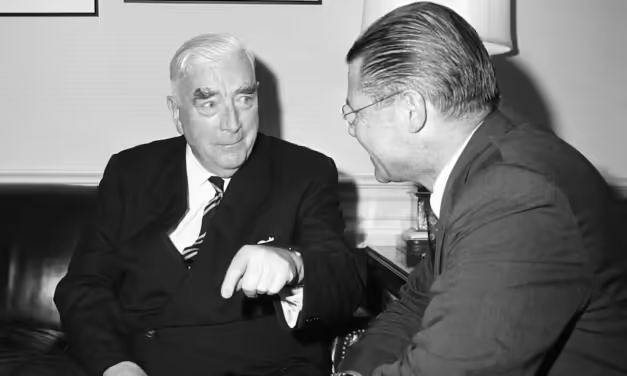How the Great War shaped the foundations of Australia’s future
Reading time: 9 minutes
It is striking that 2015 is the 110th anniversary of the Gallipoli offensive, the 80th anniversary of end of the Second World War in the Pacific, and the 50th anniversary of the end of the Vietnam War. This is a good time to reflect not only on the actions of those wars, but on their consequences and their enduring legacies.













